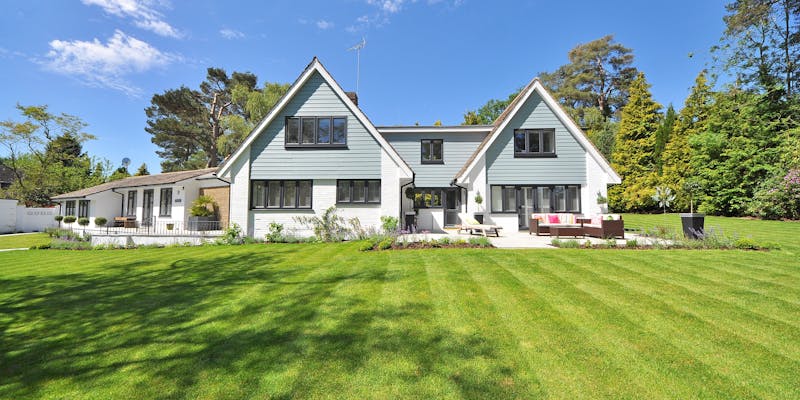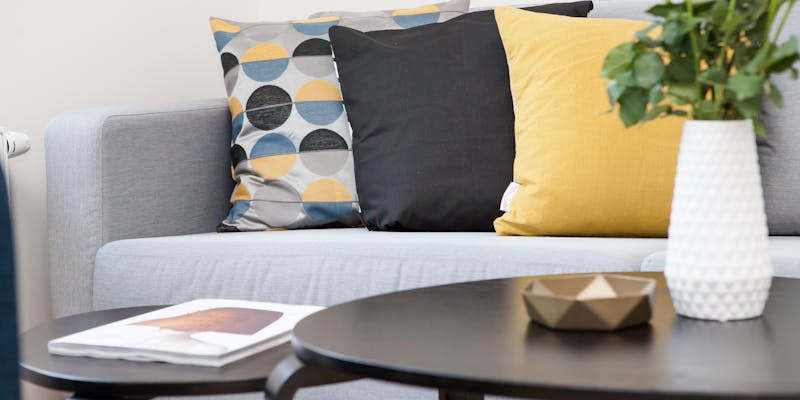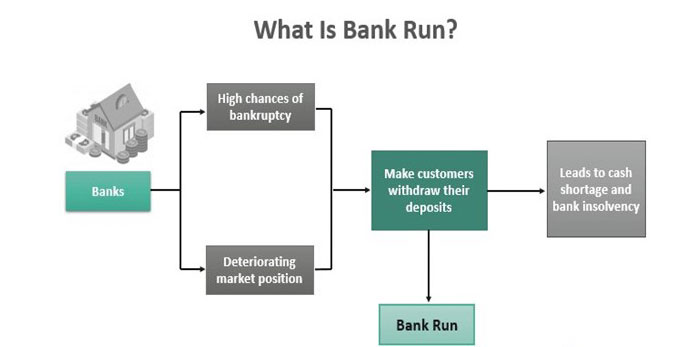A house purchase is a wonderful life milestone, but there are financial considerations involved as well. Closing expenses are an important consideration that frequently surprises first-time homebuyers. How much should you budget for and what precisely are closing costs? Let's delve into this topic and shed some light on what can sometimes feel like a murky area of homebuying.
What Are Closing Costs?
Closing costs encompass various fees and expenses associated with finalizing the purchase of a home. These costs are typically incurred by both the buyer and the seller and are paid at the closing of the real estate transaction. While the specific fees can vary depending on factors such as location and the type of mortgage, here are some common components of closing costs:
Loan Origination Fees
These fees cover the cost of processing the loan application and are typically charged by the lender.
Appraisal Fees
Before approving a mortgage, lenders often require an appraisal to assess the value of the property. The buyer typically covers this expense.
Title Insurance
Title insurance protects both the lender and the buyer against any issues with the title, such as liens or ownership disputes.
Escrow Fees
Escrow accounts hold funds for property taxes and insurance until they are due. Buyers may need to pay upfront into an escrow account at closing.
Attorney Fees
In some states, an attorney is involved in the closing process to ensure all legal requirements are met.
Recording Fees
The local government charges these fees to record the deed and other documents related to the property transfer.
How Much Will You Pay?

Several factors, such as the type of mortgage, the location, and the purchase price of the home, can greatly affect the total closing expenses. On average, closing costs represent 2% to 5% of the purchase price.
For instance, closing expenses for a $300,000 house purchase could run anywhere from $6,000 to $15,000. It's important to remember that these are only estimates and that your actual expenses may be different.
It's important to check the Loan Estimate that your lender has supplied to you in order to have a better understanding of the closing charges you will incur. This paper lists the approximate closing expenses according to the particulars of your loan.
Tips for Managing Closing Costs
While closing costs are a necessary part of the home buying process, there are steps you can take to manage these expenses effectively:
Negotiate with the Seller
When making an offer on a home, consider negotiating with the seller to see if they are willing to cover a portion of the closing costs. When the seller is driven to complete the transaction fast or in a buyer's market, this bargaining may be quite advantageous. While sellers aren't obligated to assist with closing costs, they may be more inclined to do so if it means a smoother transaction.
Shop Around for Lenders
Refuse to accept the first mortgage offer you are presented with. It's important to evaluate offers from several lenders because different lenders may have different conditions and costs. By comparing lenders, you may be able to locate one that may save you money over time by offering better loan terms or fewer closing expenses. Make sure to take into account all of the expenses related to the loan, in addition to the interest rate.
Consider Seller Concessions

In addition to negotiating with the seller to cover closing costs outright, you can also explore the option of seller concessions. Seller concessions involve the seller agreeing to contribute a certain amount towards the buyer's closing costs or prepaid expenses. This arrangement can be beneficial for both parties, as it allows the buyer to reduce their out-of-pocket expenses while still closing the sale.
Ask About Programs for First-Time Buyers
Many government programs and nonprofit organizations offer assistance to first-time homebuyers, including help with closing costs. These programs vary by location and eligibility criteria, so be sure to research what options are available in your area. In some cases, you may need to meet certain income requirements or complete a homebuyer education course to qualify for assistance.
Budget Accordingly
Before you start shopping for a house, it's critical to know how much you have in your budget and how much you can manage to spend on closing fees. In addition to the down payment and monthly mortgage payment, factor in any additional costs, such as property taxes, homeowners insurance, and maintenance fees. By planning your budget appropriately, you can guarantee a seamless transition into homeownership and prevent any shocks at the closing table.
Review the Loan Estimate Carefully
Once you've selected a lender and been pre-approved for a mortgage, they will provide you with a Loan Estimate detailing the closing costs associated with the loan. Take the time to go over this document in detail and ask any questions you may have about your lender. Knowing exactly what you're going to pay for will make it easier for you to spot any possible areas where cost-cutting or negotiation opportunities may arise.
Conclusion
Closing costs are an unavoidable expense when buying a home, but understanding what they entail and how to manage them can help alleviate some of the financial stress associated with the homebuying process. You can go into the closing table feeling confident and at ease if you are aware of the many parts of closing costs and have looked into ways to cut expenditures.
As you embark on your homebuying journey, remember to work closely with your real estate agent and lender to ensure you have a clear understanding of all associated costs. With careful planning and preparation, you'll be well-equipped to navigate the maze of closing costs and move forward with your dream of homeownership.




